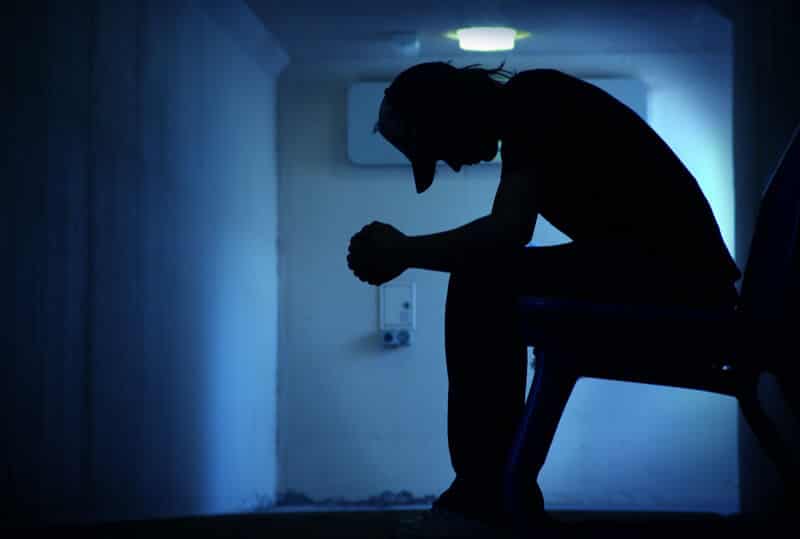In the past few years, more and more scrutiny has been placed on America’s addiction to short rehab programs. Countless articles have why the current 30-day trend is outdated, expensive, and has poor rates of return. Some estimate that only 10% of addicts going into a 30-day rehab program will stay sober. In an interview with Slate magazine, one Outpatient clinic owner noted: “You don’t treat chronic illness with 30 days of intensive rehab – that’s absurd”. He’s got a point. The real question is what’s the solution? Luckily there are other options on how to detox your liver from alcohol.



